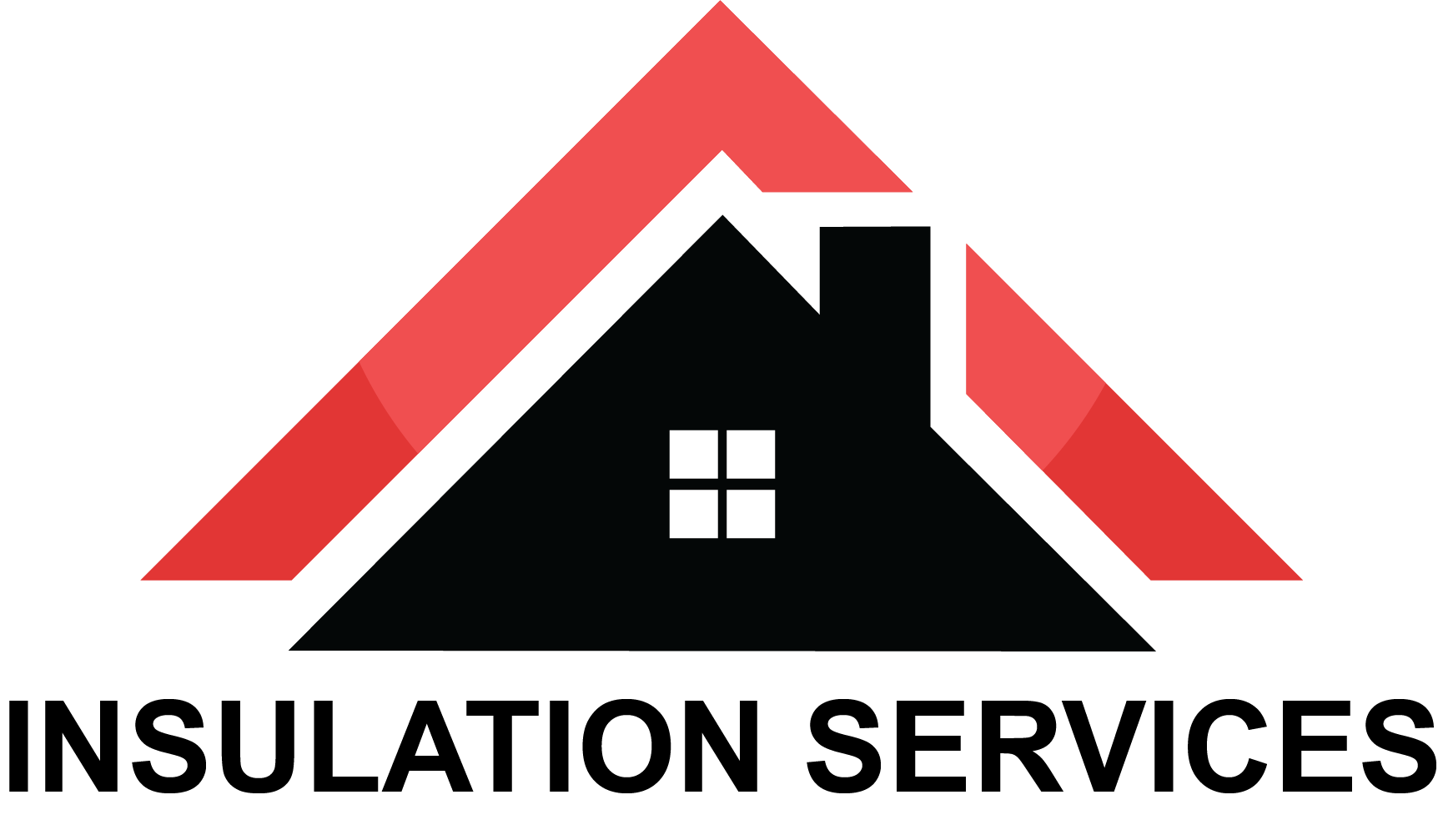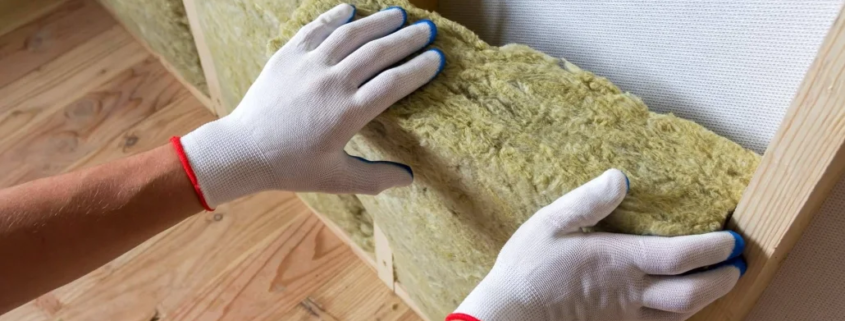Is Fiberglass Insulation Safe? Myths vs. Facts
Homeowners often ask whether fiberglass insulation is truly safe to use in residential and commercial spaces. The material has been around for decades and remains one of the most popular choices for regulating indoor temperature and lowering energy costs. Still, misconceptions about fiberglass persist, leaving many people confused about its actual safety. Understanding the truth behind these myths helps you make informed decisions when choosing insulation for your property.
The Origins of Fiberglass Insulation
Fiberglass insulation was first introduced in the 1930s and quickly became an industry standard. It is produced from extremely fine strands of glass that are spun into fibers and then formed into batts, rolls, or loose-fill products. Its lightweight nature, affordability, and strong thermal resistance made it a preferred option for both contractors and homeowners. Over time, research and technological improvements have further enhanced its safety and performance.
Myth 1: Fiberglass Insulation Causes Long-Term Health Problems
One of the most common fears about fiberglass insulation is that it causes serious health issues. Some believe that inhaling fiberglass particles can lead to diseases similar to those caused by asbestos. Scientific studies, however, show a different picture. While short-term irritation to the skin, eyes, or respiratory system can occur if the material is mishandled, long-term health effects are not supported by credible research. In fact, fiberglass has been classified as not classifiable as a human carcinogen by major health organizations. When installed correctly and left undisturbed, it poses no significant health risks.
Myth 2: Fiberglass Insulation Releases Harmful Chemicals
Another misconception is that fiberglass insulation emits dangerous chemicals into the air. Unlike certain older building materials, fiberglass does not contain harmful additives that would release toxic fumes. Modern manufacturing processes use binders and resins that comply with strict safety standards. This ensures that the insulation remains stable within walls, ceilings, or floors without compromising indoor air quality. Choosing a trusted provider such as Insulation Services guarantees that your insulation materials meet the latest safety regulations.
Myth 3: Fiberglass Insulation Is Outdated Technology
With the rise of spray foam, cellulose, and other insulation products, some assume fiberglass is outdated. The reality is that fiberglass insulation continues to evolve. Today’s products are more efficient and environmentally friendly than their early versions. They are designed with better thermal resistance, reduced settling, and improved sound absorption. Far from being outdated, fiberglass remains one of the most versatile and widely used options in modern construction.
Fact: Fiberglass Insulation Saves Energy and Money
Energy efficiency is one of the greatest advantages of fiberglass insulation. By slowing the transfer of heat, it keeps your home warmer in winter and cooler in summer. This means your HVAC system does not work as hard, leading to lower utility bills. Over time, the cost savings on energy often outweigh the initial installation expense. Proper insulation also reduces your carbon footprint, making fiberglass both a practical and environmentally conscious choice.
Fact: Fiberglass Insulation Is Fire Resistant
Safety is always a top concern in building materials, and fiberglass offers an important advantage. The glass fibers that make up the insulation are naturally non-combustible, which means they will not burn or contribute to the spread of fire. This property makes fiberglass a reliable option for improving both thermal comfort and household safety.
Fact: Proper Installation Ensures Safety
Like any building material, fiberglass insulation must be installed correctly to provide maximum benefits. Direct handling without protective equipment can cause skin irritation, but professional installation eliminates this risk. When placed behind walls or under floors, the insulation remains sealed away from living spaces. Partnering with professionals like Insulation Services ensures that the product is handled safely, installed to meet code, and performs as intended for years to come.
Why Fiberglass Insulation Remains a Trusted Choice
Despite the myths, fiberglass insulation continues to be one of the most trusted solutions for residential and commercial properties. It offers a balance of affordability, durability, safety, and performance that few alternatives can match. Whether you are renovating an older home or constructing a new building, fiberglass insulation provides a proven way to enhance comfort and energy savings. With professional guidance and installation, you can rest assured that this material will protect your home without compromising health or safety.
Conclusion
The myths surrounding fiberglass insulation often overshadow its many benefits. The facts show that it is safe, effective, and reliable when installed properly. It does not release harmful chemicals, it is not linked to long-term health problems, and it remains a modern, energy-saving solution. By choosing professional support from Insulation Services, you can enjoy the peace of mind that comes with expert installation and long-lasting comfort. When it comes to protecting your property, fiberglass insulation remains a smart investment backed by decades of proven performance.
FAQs
Is fiberglass insulation safe to touch?
Direct contact with fiberglass can cause temporary skin irritation, but it is not harmful. Wearing gloves and protective clothing during installation prevents discomfort.
Can fiberglass insulation affect indoor air quality?
No, modern fiberglass insulation does not release harmful chemicals into the air. Once installed behind walls or ceilings, it remains stable and safe.
Does fiberglass insulation lose effectiveness over time?
Fiberglass insulation is durable and maintains its performance for decades when installed properly. It does not settle significantly and continues to provide thermal resistance.
Is fiberglass insulation environmentally friendly?
Yes, many fiberglass insulation products are manufactured using recycled glass. Their ability to lower energy consumption also reduces environmental impact.
Why should I hire a professional for fiberglass insulation installation?
Professionals ensure proper handling, correct placement, and code compliance. Hiring experts like Insulation Services guarantees safety and long-term performance.





Leave a Reply
Want to join the discussion?Feel free to contribute!